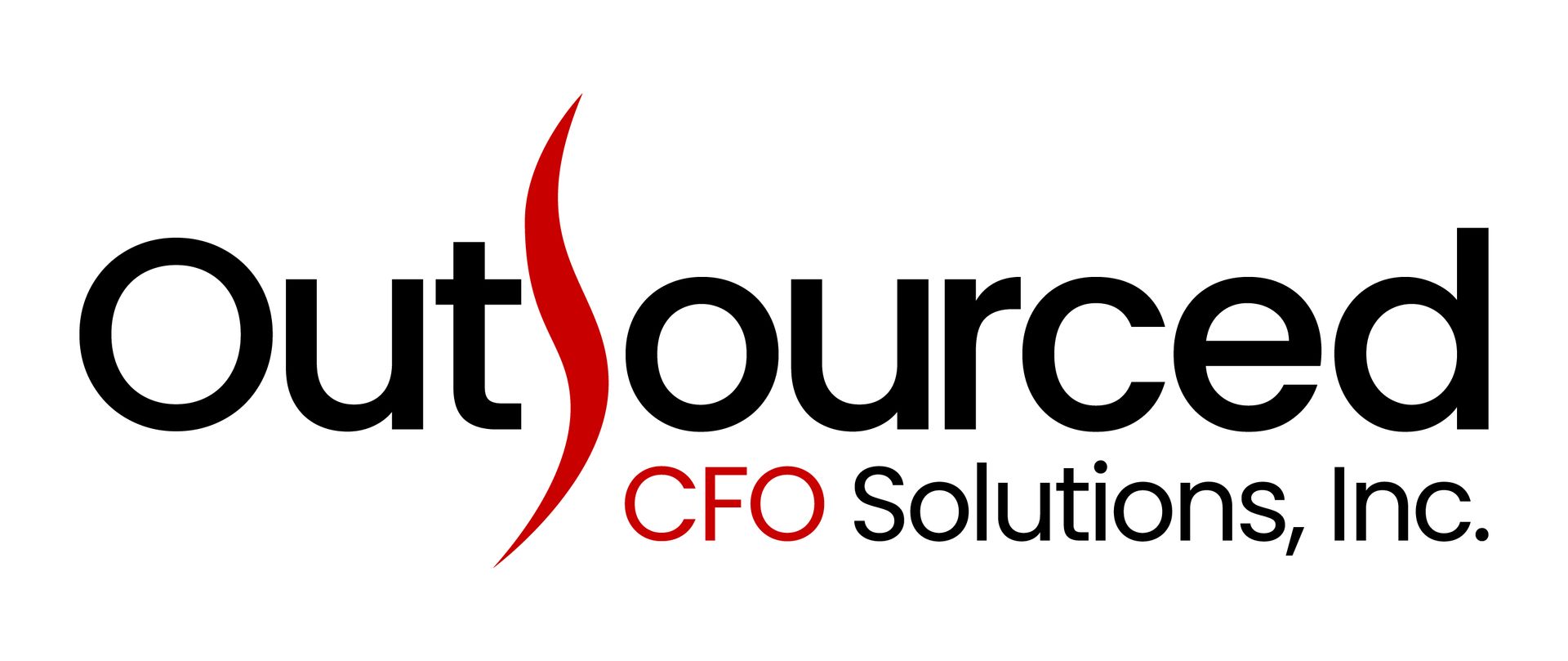Your Ultimate Tax Season Checklist
Getting Ready for Tax Season: A Comprehensive Guide for Small Business Owners and Individual Filers
Tax season can feel overwhelming, whether you're a small business owner managing multiple responsibilities or an individual filer navigating complex forms and regulations. However, with proper preparation, you can minimize stress and ensure a smooth filing process. Here’s how to get ready for tax season and set yourself up for financial success:
1. Organize Your Financial Records
Having well-organized financial records is essential for both business owners and individual filers. Start by gathering:
- Income Statements: For businesses, include all revenue streams. For individuals, collect W-2s, 1099s, and other income documents.
- Expense Reports: Business owners should categorize expenses for deductions, while individuals should gather records of deductible expenses like medical bills or charitable donations.
- Receipts and Invoices: Keep digital or physical copies for proof of both business and personal expenses.
- Bank and Credit Card Statements: Reconcile these with your financial reports to ensure accuracy.
2. Review Your Filing Status
For individual filers, your filing status (e.g., single, married filing jointly, head of household) affects your tax obligations. Review your status to ensure you’re filing correctly and maximizing potential benefits.
3. Understand Your Business Entity Structure
If you're a business owner, your entity structure—sole proprietorship, LLC, S-corporation, etc.—determines your tax obligations. If you're unsure whether your current structure is optimal, consult a tax professional to explore potential benefits of restructuring.
4. Take Advantage of Tax Deductions and Credits
Tax deductions and credits can significantly lower your taxable income.
For Small Business Owners:
- Office Supplies and Equipment
- Business Mileage
- Home Office Expenses (if applicable)
- Employee Wages and Benefits
- Professional Services(e.g., accounting and legal fees)
For Individual Filers:
- Student Loan Interest
- Medical and Dental Expenses (if they exceed a percentage of your income)
- Mortgage Interest and Property Taxes
- Energy-Efficient Home Improvements
- Child and Dependent Care Expenses
5. Review Estimated Tax Payments
If you’ve made estimated tax payments throughout the year, compare them with your projected tax liability. This applies to self-employed individuals, freelancers, and small business owners who don’t have taxes withheld from their income. Ensuring you’ve paid enough can help you avoid penalties and interest.
6. Gather Relevant Forms
Make sure you have all necessary tax forms:
For Small Business Owners:
- 1099-NEC and 1099-MISC: For independent contractors you’ve hired.
- W-2 Forms: For your employees.
- K-1 Forms: If you’re a partner in a business or an S-corporation shareholder.
For Individual Filers:
- W-2 Forms: From your employer(s).
- 1099 Forms: For freelance work, interest, or dividends.
- Form 1095:For health insurance coverage.
- Form 1098:For mortgage interest payments.
7. Prepare for New Tax Laws and Regulations
Tax laws change frequently, impacting both businesses and individuals. Stay informed about any new regulations that may affect your filings. For example, recent changes to child tax credits or retirement account contributions could impact your tax return. If you’re unsure, seek advice from a professional who stays up-to-date with the latest tax developments.
8. Work with a Tax Professional
Partnering with a tax professional can save you time and money. They can:
- Identify tax-saving opportunities.
- Ensure compliance with current tax laws.
- Help you avoid costly mistakes.
Whether you’re an individual filer or a small business owner, a tax professional can provide personalized advice to maximize your refund or minimize your liability.
9. Early
Procrastination leads to errors and missed opportunities. Begin your tax preparation early to give yourself ample time to gather documents, review financials, and consult with experts. Early preparation is especially critical for business owners who may need to reconcile accounts and generate reports.
10. Leverage Technology
Consider using accounting or tax software to streamline your record-keeping and tax preparation. Many tools integrate directly with your accountant’s systems, making collaboration seamless. Individual filers can benefit from tax software that guides them through deductions and credits. If you work with a firm like ours, keep an eye out for new and improving document requests, like through SafeSend Gather.
11. Plan for the Future
Use tax season as an opportunity to plan for the year ahead:
For Small Business Owners:
- Evaluate your business’s financial health.
- Set goals to improve profitability and efficiency.
- Consider retirement plans like SEP IRAs or Solo 401(k)s to reduce taxable income and save for the future.
For Individual Filers:
- Review your withholding to ensure you’re not overpaying or underpaying taxes.
- Explore retirement savings options, such as contributing to an IRA or increasing 401(k) contributions.
- Plan for major life events like buying a home, starting a family, or changing jobs, as these can impact your tax situation.
12. Avoid Common Mistakes
Errors on your tax return can delay your refund or trigger an audit. Common mistakes include:
- Missing deadlines.
- Incorrect Social Security numbers or Taxpayer Identification Numbers.
- Forgetting to sign your return.
- Overlooking eligible deductions or credits.
- Filing under the wrong status.
Double-check your return or have a professional review it to ensure accuracy.



